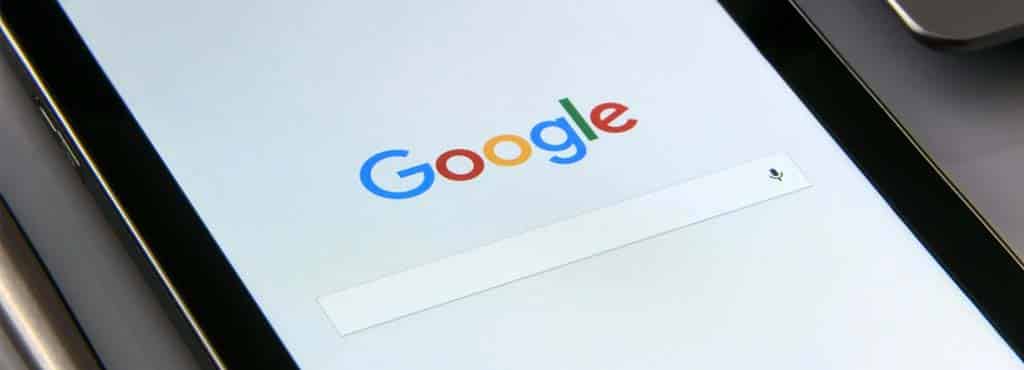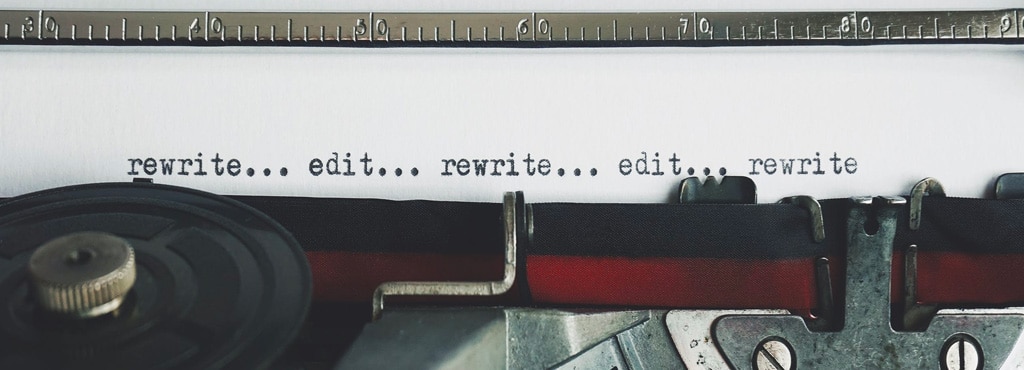The rise of social media and content sharing has had an enormous impact on media consumption. We are all hooked to Instagram, TikTok and YouTube replacing older methods of entertainment and learning.
Securing your content online
Putting your content on an online platform allows other users to see your material for free or with a fee. As a content creator, you allow others to see your hard work, which can lead to a large audience for your social media accounts. However, it has become common for individuals taking your content and using it without your permission. This is known as copyright infringement.
How to deal with your content being stolen?
You would not be the first to suffer from this scenario, and being in this situation may be frustrating. However, you can take preventative measures, which will allow your content, you are able to get compensation for the content that has been stolen from your online display. Your rights have been violated, and we are here to walk you through it.
Content creators often come across various copyright challenges in today’s digital world. It can be quite a task to protect their original work from unauthorized usage or distribution, especially with the ease of copying and sharing content online. Navigating through licensing agreements, fair use policies, and takedown procedures can feel like a maze for creators trying to safeguard their intellectual property. Striking the right balance between accessibility and control is key, as overly restrictive copyright regulations can limit the reach and impact of creative works. It’s important for content creators to stay informed about evolving copyright laws and best practices to effectively monetize their efforts while still preserving their rights.

Users who go onto your platform, either on social media sites or your very own website, have to sign to terms and conditions. When the user acknowledges that they have read the section prior to using the site, they will be held to those rights to protect people like you and your content. Your content is created by you, meaning it is your intellectual property that no one else is allowed to use without your permission. Nothing in the terms and conditions gives users the rights in the site or the content other than just to access it.
Content on other sites is made available for personal, non-commercial use. Other users cannot use your content unlawfully, such as reproducing it or redistributing it. Those who do that can face in civil and criminal penalties depending on how it has affected the owner of the material.
What to do if you spot your content outside your domain
When you suspect someone has stolen your content, make sure to record the blatant infringement of your content. You should then reach out to a solicitor with the evidence that you are the rightful owner of the material and provide evidence of where the content is being used without your permission.
Intellectual property (IP) is the legal term used to describe the creations of the mind – such as inventions, literary and artistic works, and names and images used in commerce. This includes online content such as blog posts, images, and videos. As the creator of your content, you have certain rights to control how it is used by others. Intellectual potentially means that your work is protected by law against unauthorised usage.
When someone uses your content without your permission or the correct attribution, it’s considered copyright infringement. Infringement occurs in various forms – from someone copying and pasting your blog post onto their own website without giving you credit, to using your images in their marketing materials without your consent. Infringement can also occur when someone uses similar or identical content to yours, even if they didn’t directly copy it.
If you find that your online property has been stolen, we can help you take action It is important to gather evidence of the infringement, such as screenshots or links to where your content has been used without permission. Then, consider sending a cease and desist letter to the infringer, requesting that they stop using your content immediately. If the issue is not resolved through this initial contact, you may need to seek legal action.
We at Freeman Harris offer services at a fixed fee to support you along this process, offering our advice and revisions to contact the infringing party. We will help you try and settle the matter outside of court, demanding certain remedies to be made by the infringing party with the immediate removal of your content from being used by the other party.



